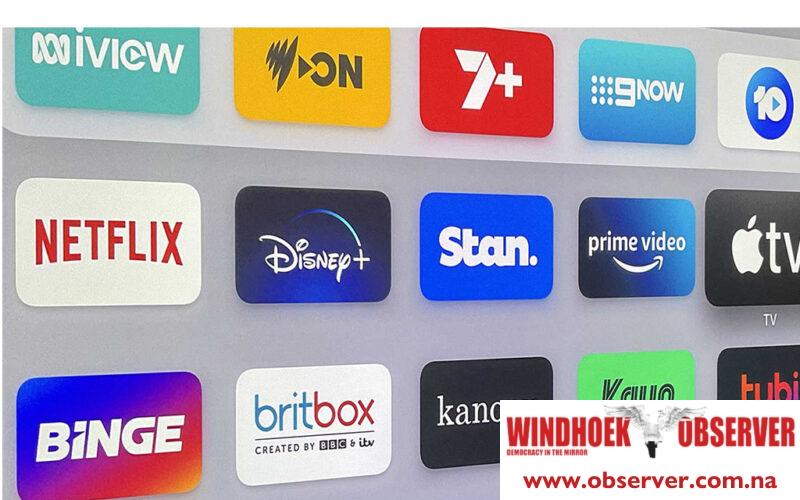CHAMWE KAIRA
The cloud services, software and applications remain the largest category of digitally delivered services expenditure, with a value of N$165.1 million in 2023.
The Bank of Namibia said in its December quarterly bulletin that this translates into a share of 27% of total digitally delivered services.
“This indicates the use of storage space from major suppliers of cloud services such as Google, Microsoft, Amazon Web Services, and Apple, as well as the purchase of applications such as ZOOM that picked up due to the remote working following the pandemic, as well as the use of various software. Most of these services are consumed mainly by businesses and a limited number of households that pay for extra storage space for sites such as Dropbox, iCloud and OneDrive,” the central bank said.
According to the market segments, video streaming accounted for 25% of digitally delivered purchases by Namibians in 2023.
The value of video downloads or streaming services rose exponentially from N$62 million in 2020 to N$151 million in 2023.
“This reflects the growing popularity of downloadable video and streaming platforms, given the relatively low subscription fees compared to some local and regional cable television services. In this respect, Netflix remained the video streaming platform most used by Namibians, followed by Apple TV and Amazon Prime Video,” the bulletin said.
In 2023, Namibians spent about N$71 million on music downloads and streaming from sites such as iTunes, Spotify, and Deezer. Payments for online games have also picked up from N$7 million in 2020 to N$31 million in 2023.
Cross-border digital payments for online newspapers, eBooks, and audiobooks reached N$33 million in 2023, given the increased demand.
Digitally ordered services rose from N$172 million in 2020 to N$704 million in 2023. About 59% of these relate to payments for travel services with the payments more pronounced in online booking for lodging, hotels, motels, ride-hailing and automobile rentals abroad.
The value of cross-border payments via digitally delivered services increased from N$63 million in 2020 to N$429 million in 2023, reflecting its increased usage by Namibians.
Alibaba, Airbnb, AliExpress, Booking.com, and Taobao are some of the services whose usage has gained momentum, with Airbnb registering the highest growth as it was not used during 2020 due to travel restrictions but was used from 2021 in line with the recovery in travel.
The central bank said electronic retailers, or ‘e-tailers,’ are defined as “retail and wholesale businesses engaged in purchasing and reselling goods that receive a majority of their orders digitally.
The goods demanded by Namibians from e-tailers were mostly from Shein, the Apple Store, Herbalife and Avon, which mainly cover fashion, health products, cosmetics and electronic devices.
In this regard, the value spent on e-tailers from abroad rose from N$83 million in 2020 to N$162 million in 2023.
A larger share of payment was directed to South Africa, with a share of 41,3% in 2023, an increase from 34,2% recorded in 2020, reflected in the travel, digital intermediation platforms, and e-commerce market segments. The United States of America had the second largest share of 12%, mainly in the form of software and cloud services, travel and online learning.
The United Kingdom came third with a share of 7,5%, mainly through intermediation platforms, online learning and travel.
The fourth largest share was recorded for the Netherlands, mainly in the category of video streaming. Ireland constituted the fifth share of 4,1% partly in the form of software and cloud services.




